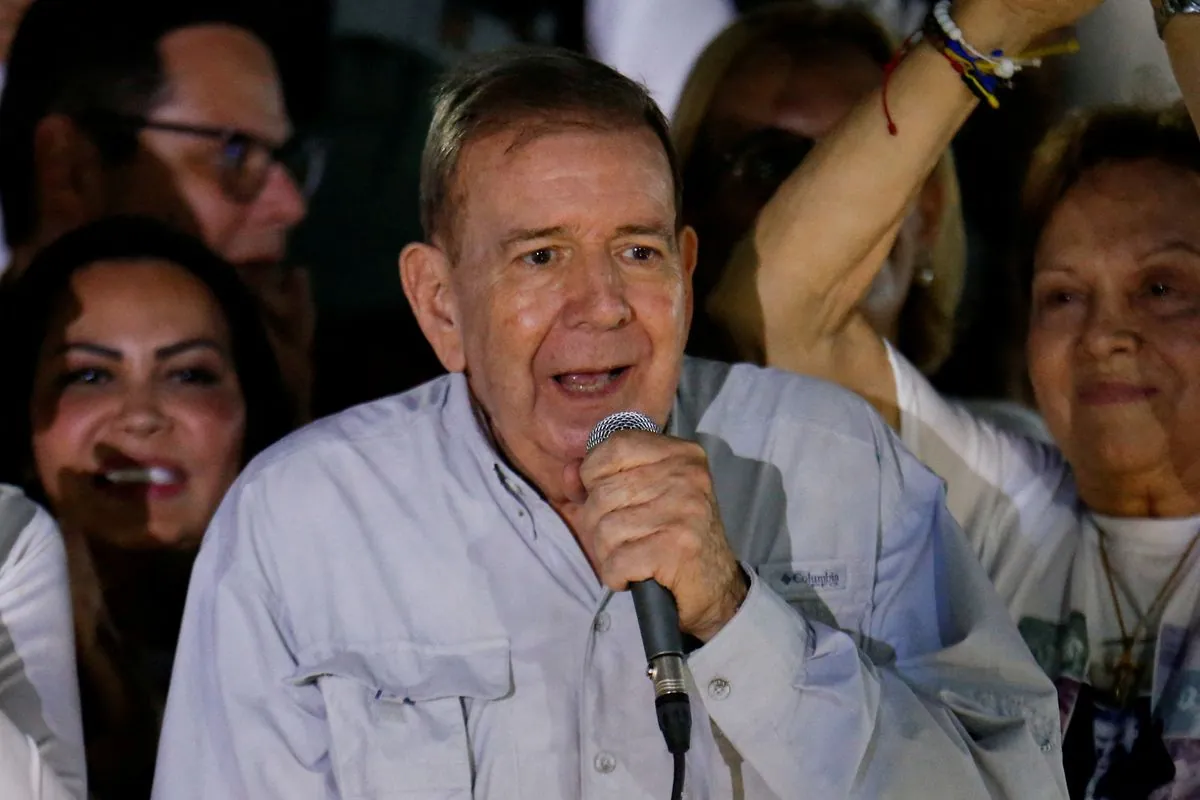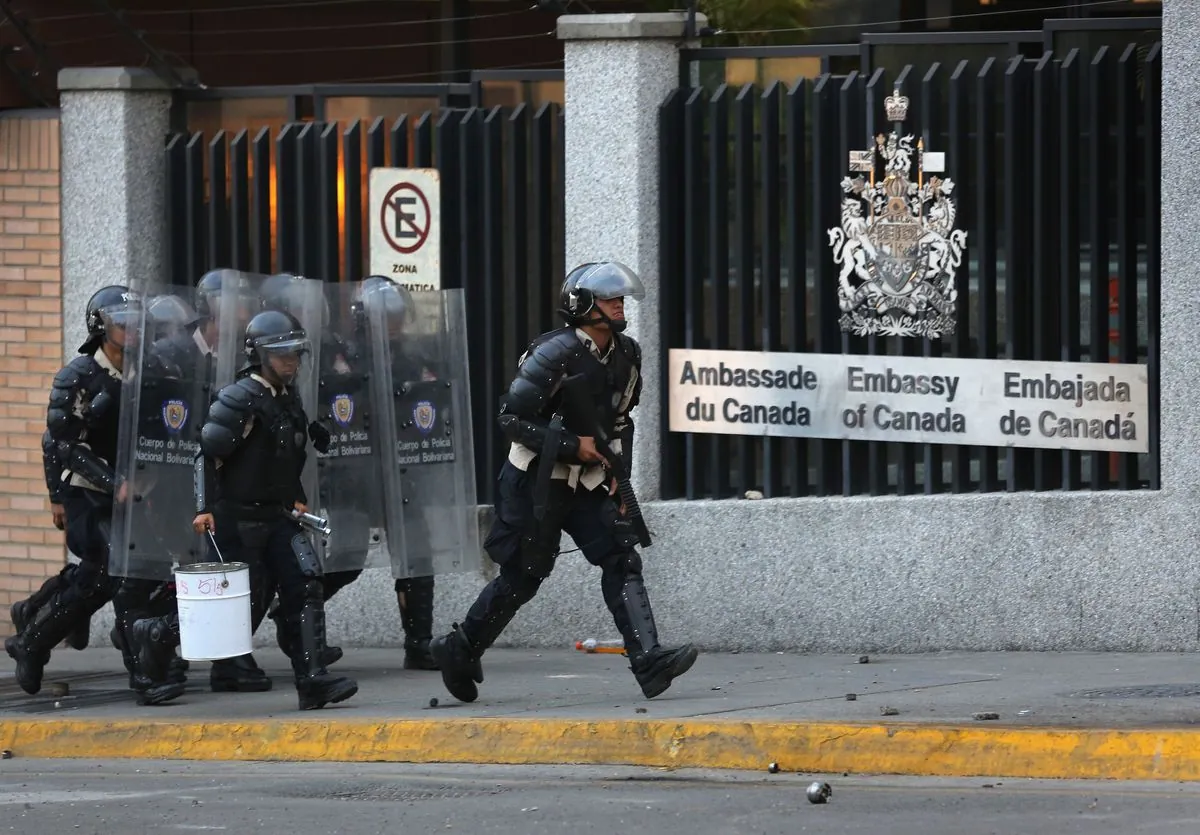Venezuela Issues Arrest Warrant for Opposition Candidate Amid Election Dispute
Venezuelan authorities seek to apprehend Edmundo González following contested presidential election. Opposition claims victory, while government intensifies crackdown on dissent.

In a significant development in Venezuela's ongoing political crisis, the attorney general's office has issued an arrest warrant for opposition candidate Edmundo González. This action comes in the wake of the disputed July 28, 2024, presidential election, where González allegedly secured a substantial victory over incumbent Nicolás Maduro.
The 75-year-old former diplomat faces accusations of usurpation, document forgery, instigation, and sabotage. These charges stem from the opposition's release of vote tally sheets from over 23,000 voting machines, which purportedly demonstrate González's win by a considerable margin. Independent analyses, including one by The Washington Post, support the opposition's claims, suggesting Maduro may have suffered a significant defeat.
Venezuela's electoral council, under Maduro's influence, has yet to disclose official precinct-level results despite international pressure. Instead, the government has intensified its suppression of opposition figures, forcing many into hiding.

The arrest warrant against González follows his refusal to appear before prosecutors for a third time as part of an ongoing investigation. Given Maduro's control over the judiciary, the warrant is likely to be upheld, further consolidating his grip on power.
"They have lost all sense of reality. By threatening the President Elect they only manage to unite us more and increase the support of Venezuelans and the world for Edmundo González."
This latest development occurs against the backdrop of Venezuela's complex political and economic landscape. The country, once the wealthiest in South America, has been grappling with a severe economic crisis since 2013. Despite possessing the world's largest proven oil reserves, Venezuela has experienced hyperinflation since 2016, leading to widespread shortages of essential goods and a mass exodus of over 7 million citizens since 2015.
The Bolivarian Revolution, initiated by Hugo Chávez in 1999 and continued under Maduro's leadership since 2013, has been marked by controversial policies and allegations of human rights violations. The country's economy has contracted by approximately 75% since 2014, exacerbating the humanitarian crisis.
International reactions to Venezuela's political situation have been mixed. In 2019, opposition leader Juan Guaidó declared himself acting president, gaining recognition from numerous countries. The same year, the United States imposed sanctions on Venezuela's state-owned oil company PDVSA, further straining the country's economy.
As Venezuela navigates this latest political turmoil, the international community continues to monitor the situation closely, with concerns about the erosion of democratic processes and the impact on the Venezuelan people remaining at the forefront of global discussions.


































